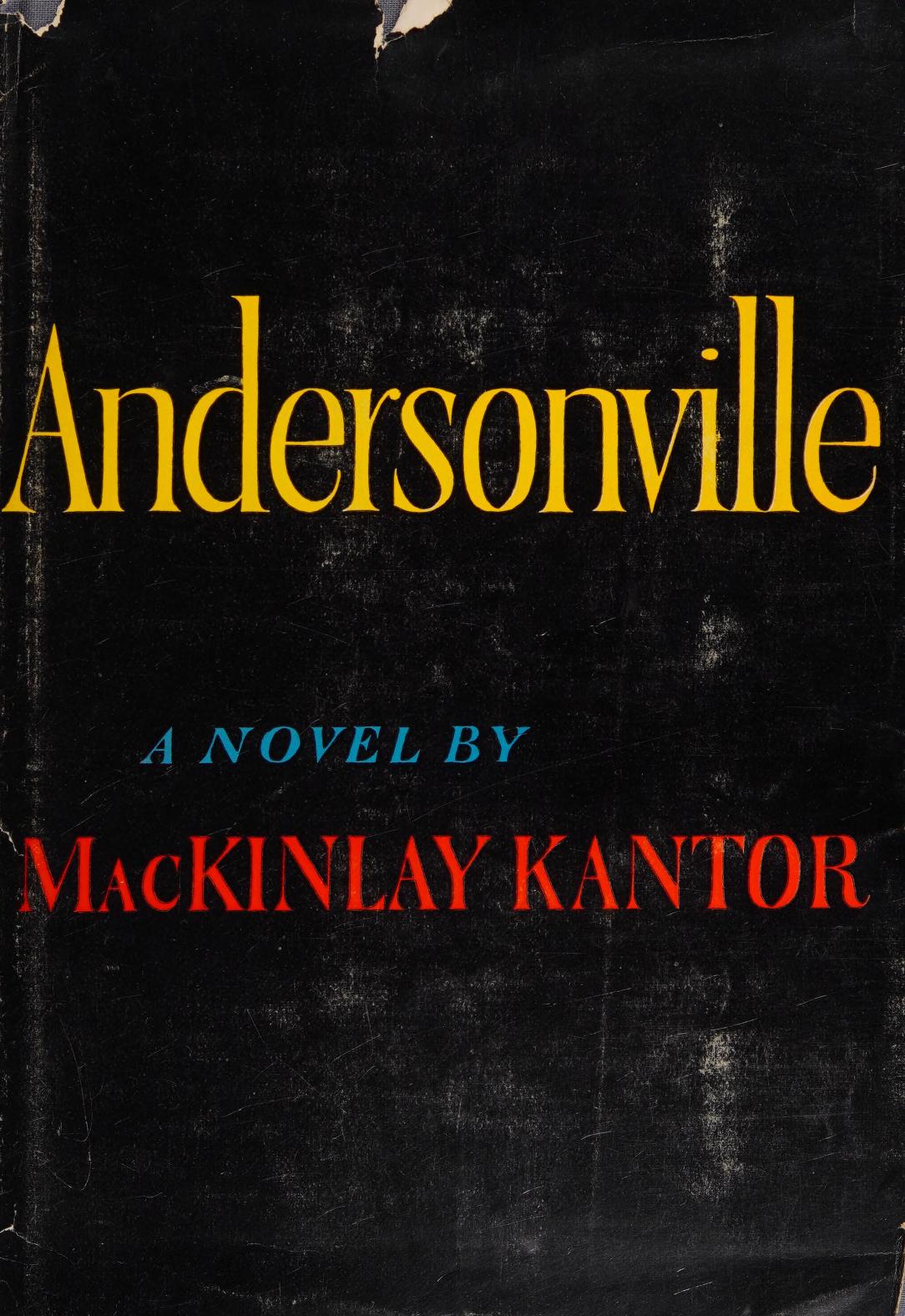Hardcover, 767 pages
English language
Published June 19, 1955 by World Publishing Company.

Hardcover, 767 pages
English language
Published June 19, 1955 by World Publishing Company.
"For the artist treating of man's relation to all sides of life there cannot and should not be heroes, but there should be men."
AT THE MOMENT OF HISTORY when Leo Tolstoy set the above wordy into the complex fabric of War and Peace, a pine forest was chopped down near Anderson Station in Sumter County, Georgia. A wooden stockade was built. There, within twenty odd acres of habitable ground, fifty thousand men and boys suffered, died—or survived during the next fourteen months.
Naked to the elements, captured Federal troops fried beneath the sun, shivered in winter winds. The staggering Confederacy was unable to feed properly her own armies in the field. The Yankees starved.
Or they were shot by quavering patriarchs and cripples and terrified children who guarded them. Or were choked by hulking sadists of their own number. Or raved, cursing the very commanders under whom they had …
"For the artist treating of man's relation to all sides of life there cannot and should not be heroes, but there should be men."
AT THE MOMENT OF HISTORY when Leo Tolstoy set the above wordy into the complex fabric of War and Peace, a pine forest was chopped down near Anderson Station in Sumter County, Georgia. A wooden stockade was built. There, within twenty odd acres of habitable ground, fifty thousand men and boys suffered, died—or survived during the next fourteen months.
Naked to the elements, captured Federal troops fried beneath the sun, shivered in winter winds. The staggering Confederacy was unable to feed properly her own armies in the field. The Yankees starved.
Or they were shot by quavering patriarchs and cripples and terrified children who guarded them. Or were choked by hulking sadists of their own number. Or raved, cursing the very commanders under whom they had served, for the National. Government refused stubbornly to allow them to be exchanged for a like number of Confederate prisoners.
Any one of these men could have won to freedom and comfort in an instant by taking the oath of allegiance to the South. Nearly fourteen thousand of them chose to die instead. It was the most tragic episode in American history and the most glorious.